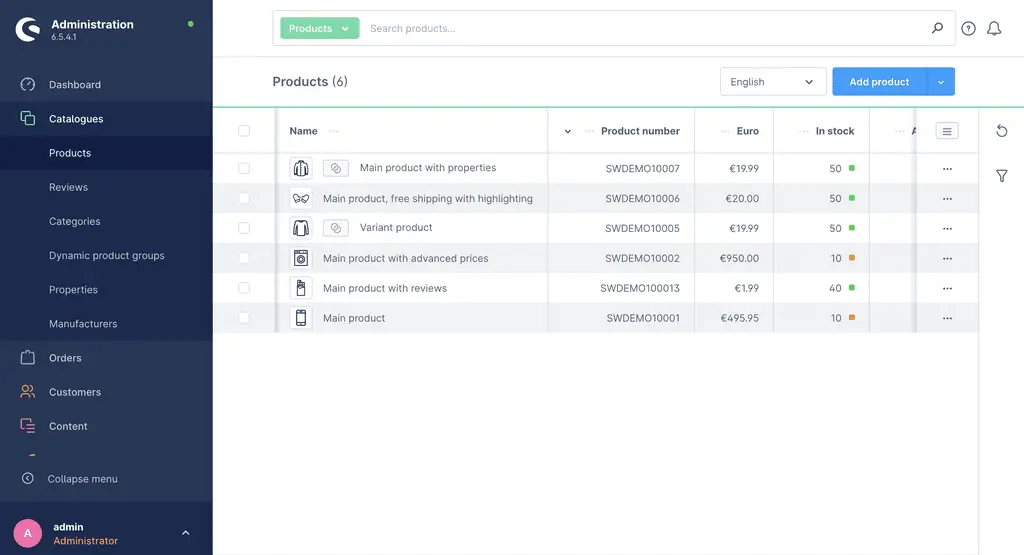
Shopware, an open-source ecommerce platform that helps businesses of all sizes create and manage their online stores, recently found itself in the cybersecurity spotlight. A critical flaw, identified as CVE-2024-22406 with a CVSS score of 9.3, poses a serious threat to businesses relying on this popular open-source platform.

At the heart of this vulnerability lies a seemingly innocuous feature: the search functionality within the Shopware application API. This feature, integral to user experience, allows for efficient data retrieval and management. However, it harbors a critical weakness in the ‘aggregations’ object, particularly in the ‘name’ field. This flaw opens the door to SQL injection attacks, a technique as old as it is effective, allowing malicious actors to manipulate database queries.
The exploitation of CVE-2024-22406 is notably insidious. Attackers can leverage time-based SQL queries, a form of blind SQL injection, to stealthily siphon data without triggering traditional detection mechanisms. This method doesn’t return data immediately but influences the database’s response time, thereby revealing crucial information indirectly.
“The searches performed by this function can be aggregated using the parameters in the “aggregations” object. The ‘name’ field in this “aggregations” object is vulnerable SQL-injection and can be exploited using time-based SQL-queries,” reads the security advisory.
The repercussions of such exploitation are far-reaching. Businesses of all sizes, from small online stores to large ecommerce platforms, could face dire consequences ranging from data breaches to complete operational disruption. The version impacted by this vulnerability is <= 6.5.7.3, and Shopware has addressed this issue in version 6.5.7.4.
For users of older versions (6.1 to 6.4), Shopware offers a lifeline in the form of a security plugin. This plugin provides essential protective measures against the SQL injection threat. However, the most effective defense lies in upgrading to the latest version of Shopware. This upgrade not only patches the current vulnerability but also fortifies the platform against a spectrum of potential security threats.